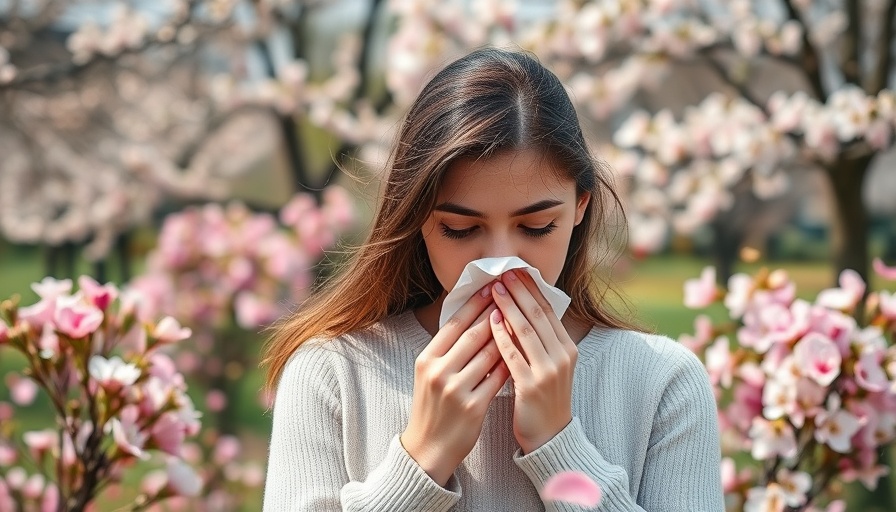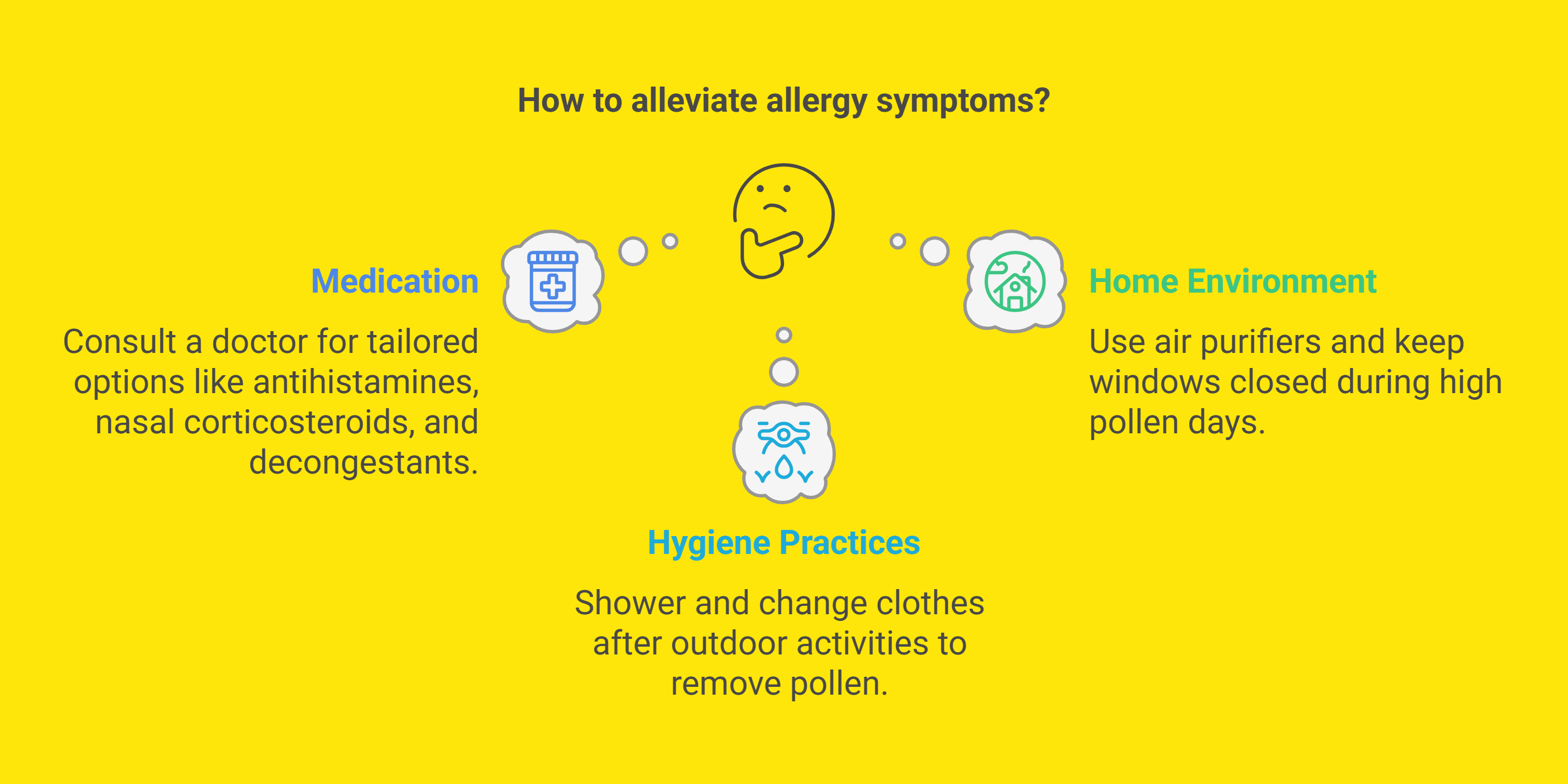
Understanding Seasonal Allergies: What They Are and Why They Matter
Seasonal allergies, also known as hay fever or allergic rhinitis, affect millions of people around the world. As trees, grasses, and weeds release pollen into the air, individuals with heightened sensitivities can experience unpleasant symptoms like sneezing, itchy eyes, and nasal congestion. Understanding the biological mechanisms behind these responses can empower individuals to better manage their symptoms.
Key Strategies to Alleviate Allergy Symptoms
To combat seasonal allergies effectively, consider employing a combination of medication, lifestyle changes, and natural remedies:
Medication: Antihistamines, nasal corticosteroids, and decongestants can significantly reduce allergy symptoms. It's essential to consult your doctor about the best options tailored to your needs.
Home Environment: Keeping windows closed during high pollen days and using air purifiers can help maintain a lower pollen count indoors.
Hygiene Practices: Showering and changing clothes after spending time outdoors can help remove pollen from your skin and hair.
The Impact of Nutrition on Allergies
Recent studies suggest that certain dietary choices can influence the severity of allergy symptoms. Foods rich in omega-3 fatty acids, antioxidants, and vitamins C and D may help bolster your immune system. Incorporating fruits and vegetables like berries, citrus fruits, and leafy greens can aid in reducing inflammation and allergic reactions.

Mindfulness and Stress Reduction Techniques
Interestingly, stress can exacerbate allergic reactions. Mindfulness practices, like meditation and yoga, have been shown to help reduce stress levels and improve overall well-being. Engaging regularly in these activities might provide relief during peak allergy seasons.
Future Insight: The Role of Technology in Allergy Management
As technology advances, we may expect smarter allergy management tools. Wearable devices that monitor pollen levels and personalized alerts could soon be commonplace, helping sufferers prepare for days with high pollen counts.
Conclusion: Take Control of Your Allergy Management
While seasonal allergies can often feel overwhelming, understanding their cause and knowing how to manage them can significantly improve your quality of life. By combining conventional treatments with lifestyle adjustments and mindfulness practices, you can reduce the toll that allergies take on your daily activities. Take proactive steps to enhance your health and well-being during allergy season.
Be informed, stay prepared, and take charge of your seasonal allergies!
 Add Row
Add Row  Add
Add 




 Add Row
Add Row  Add
Add 

Write A Comment